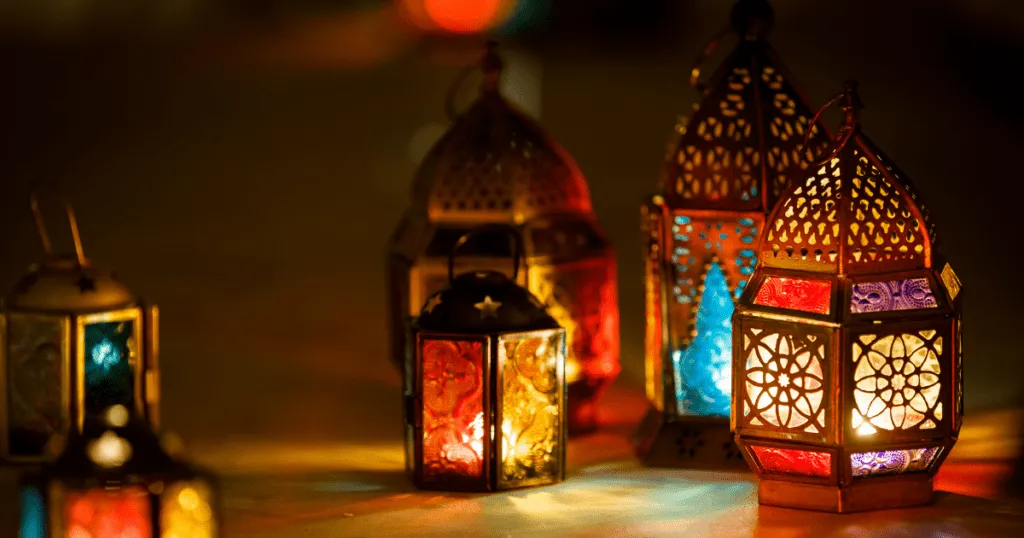
Ramadan is one of the holiest and most significant months in the Islamic calendar. It is a period of fasting, reflection, prayer, and community that holds deep spiritual meaning for Muslims worldwide. Observed in the ninth month of the Islamic lunar calendar, Ramadan commemorates the revelation of the Quran to the Prophet Muhammad (peace be upon him). The month serves as a time for believers to strengthen their faith, practice self-discipline, and seek closeness to Allah.
Spiritual Significance of Ramadan
Ramadan is a time of heightened spirituality and devotion. The core aspect of Ramadan is fasting (sawm), one of the Five Pillars of Islam, which requires Muslims to abstain from food, drink, and other physical needs from dawn until sunset. This act of self-restraint is not merely a physical challenge but a spiritual one, aimed at purifying the soul and fostering a deeper connection with Allah.
The Quran states:
“O you who have believed, decreed upon you is fasting as it was decreed upon those before you that you may become righteous.” (Surah Al-Baqarah 2:183)
By refraining from worldly desires and focusing on prayer, supplication, and recitation of the Quran, believers aim to achieve Taqwa (God-consciousness). This period serves as a spiritual retreat where individuals strive for self-improvement, forgiveness, and inner peace.
Fasting: A Test of Self-Discipline and Gratitude
Fasting during Ramadan teaches patience, self-control, and empathy for those who are less fortunate. It serves as a reminder of the hardships faced by those who struggle with hunger and poverty daily. The act of fasting nurtures gratitude for the blessings that many take for granted and encourages a spirit of generosity and charity.
The Prophet Muhammad (PBUH) said:
“Whoever gives food for a fasting person to break his fast, he will have a reward like theirs, without that detracting from their reward in the slightest.” (Tirmidhi)
As a result, Muslims are encouraged to be more charitable during Ramadan, whether through giving to the needy (Zakat and Sadaqah) or engaging in acts of kindness and service.
The Night of Power: Laylat al-Qadr
One of the most sacred nights in Ramadan is Laylat al-Qadr (The Night of Power), which is believed to fall within the last ten nights of the month, most commonly on the 27th night. It is the night when the first verses of the Quran were revealed, and it is described as better than a thousand months:
“Indeed, We sent the Qur’an down during the Night of Decree. And what can make you know what is the Night of Decree? The Night of Decree is better than a thousand months.” (Surah Al-Qadr 97:1-3)
During this night, Muslims engage in intense worship, prayers, and supplication, seeking divine mercy and forgiveness. The rewards of worship on this night are multiplied significantly, making it a crucial time for spiritual renewal.
Ramadan as a Month of Community and Brotherhood
Ramadan fosters a sense of unity and togetherness among Muslims. The pre-dawn meal (Suhoor) and the breaking of fast (Iftar) bring families and communities together. Mosques are filled with worshippers for the nightly Taraweeh prayers, where extended recitations of the Quran take place. This collective worship strengthens bonds among believers and enhances the communal spirit of the faith.
Muslims around the world share the experience of fasting regardless of nationality, race, or social status, creating a sense of brotherhood and equality. The month also provides an opportunity for reconciliation, mending broken relationships, and increasing acts of kindness and compassion.
Health Benefits of Fasting
Beyond its spiritual benefits, fasting during Ramadan has numerous health advantages. Studies suggest that intermittent fasting can:
- Improve metabolism and aid in weight loss.
- Detoxify the body and promote cellular repair.
- Enhance mental clarity and focus.
- Reduce the risk of chronic diseases such as diabetes and heart disease.
However, it is essential to maintain a balanced diet during Suhoor and Iftar to ensure proper nourishment and hydration.
The End of Ramadan: Eid al-Fitr
The conclusion of Ramadan is marked by Eid al-Fitr, a festive celebration that begins with a special congregational prayer. It is a day of joy, gratitude, and giving, where Muslims express thanks to Allah for granting them the strength to complete the fast. Acts of charity, such as giving Zakat al-Fitr, are obligatory to ensure that those in need can also partake in the celebrations.



 DailyMediCure
DailyMediCure 











